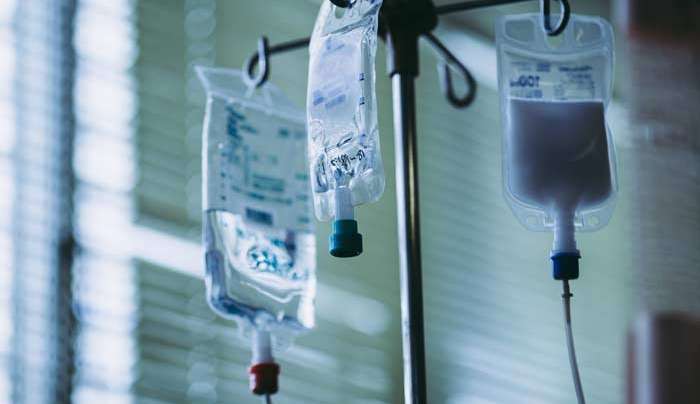
Dehydration is a condition that occurs when the body loses more fluids than it takes in. This can lead to a lack of sufficient fluids in the body to support normal bodily functions. In a nursing home resident, dehydration can be a serious concern, as it can lead to a range of health problems and complications.
Dehydration in a nursing home resident can be caused by a variety of factors, including inadequate fluid intake, excessive fluid loss, or a combination of both. Common causes of dehydration in nursing home residents include:
- Inadequate fluid intake: Some nursing home residents may not be able to drink enough fluids on their own, either due to physical limitations or cognitive impairments. This can lead to dehydration if the resident is not provided with sufficient fluids by the nursing home staff.
- Excessive fluid loss: Some conditions, such as diarrhea, vomiting, or fever, can cause the body to lose large amounts of fluids. If a nursing home resident has one of these conditions, they may be at risk of dehydration if the fluid loss is not adequately replaced.
- Medications: Some medications can cause dehydration as a side effect. If a nursing home resident is taking medications that can cause dehydration, they may be at increased risk of developing the condition.
Dehydration in a nursing home resident can lead to a range of health problems, including weakness, dizziness, confusion, and in severe cases, organ failure.
It is important for nursing home staff to monitor residents for signs of dehydration and to take steps to prevent and treat the condition.
The signs and symptoms of dehydration in a nursing home resident may include:
- Dry mouth and throat
- Dark yellow urine
- Dry, cool skin
- Sunken eyes
- Dizziness or lightheadedness
- Fatigue
- Confusion or disorientation
- Rapid heartbeat
- Rapid breathing
- Fever
If dehydration is not treated promptly, it can lead to serious complications, including organ failure and death. It is important for nursing home staff to monitor residents for signs of dehydration and to take action to prevent and treat this condition. This may include providing residents with adequate fluids, monitoring their fluid intake, and providing additional fluids if necessary.


